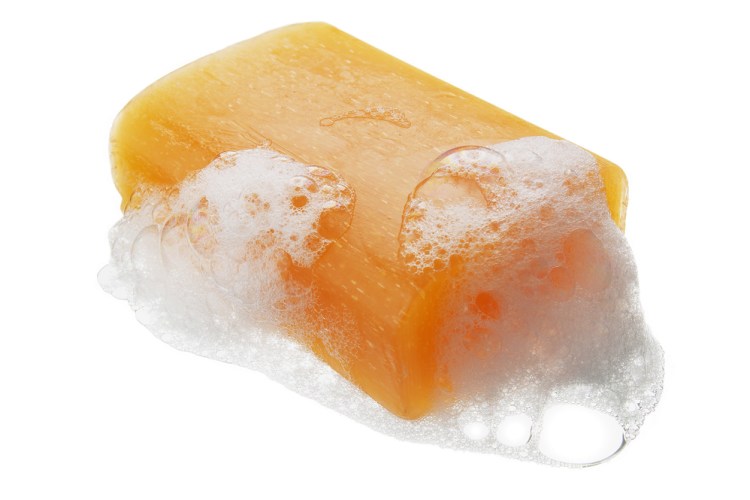On Monday, we made the difficult decision to shut down all non-essential work in the laboratory due to the 2019 nCoV pandemic. While we think our research is important, Dr. Ambrose wants to make sure all staff and students in the laboratory and their families are safe and to help “flatten the curve.” We will […]











Recent Comments